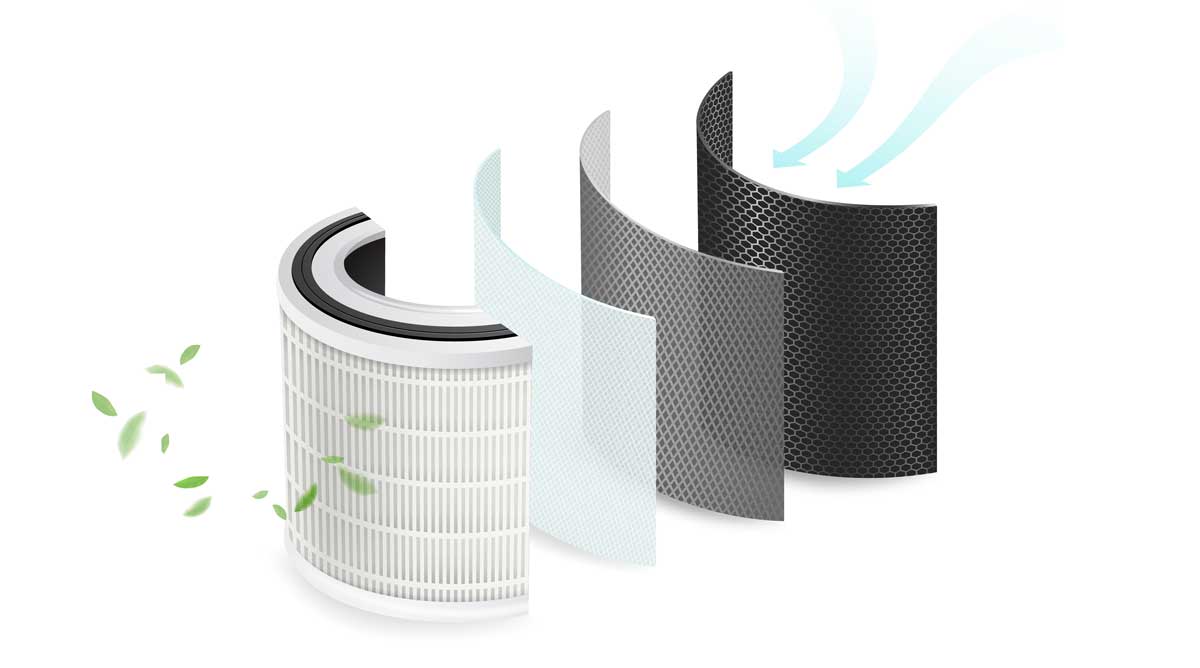The Zika virus is spreading quickly, and with it are fears concerning birth defects, extended illnesses, and even death. Actually first detected in humans in the 1950s, certain areas – South America, Central America, and parts of the Southeastern U.S. – are currently experiencing Zika outbreaks, or the threat thereof. How can commercial chemicals help fight this frightening disease?
How to Prevent Against the Zika Virus
Zika, like similar diseases Malaria and Dengue fever, is primarily spread through mosquitoes. Although there are effect, if not slow-moving, treatments available for the infected, the best solution is to avoidance of mosquito bites in Zika-affected areas.
Chemical-based insect repellants are, scientifically, the best way to protect against mosquitoes. The most effective chemicals in commercially-sold repellants include the much-maligned DEET, IR3535, and picaridin. Other naturally-derived substances that have been shown to be effective against mosquitoes include oil of lemon, oil of eucalyptus, para-methane-diol. Professional mosquito treatment solutions typically include fogging or setting of traps to catch both adult and egg-stage pests. These treatments utilize chemicals like Piperonyl Butoxide, MGK-264, Methoprene, Citronella, and Resmethrin, among others.
Is it Safe to Use Chemicals to Fight Zika?
Organizations like the Environmental Protection Agency work tirelessly to test and vet both public and private mosquito treating chemicals. The science hasn’t fully crystalized yet, but all commercially-sold mosquito-fighting pesticides must undergo rigorous testing and abide by stringent standards to then be sold to the public. It’s possible to find both organic and synthetic mosquito repelling solutions.
There are dozens of centuries-old “natural” insect repelling compounds available as well. An elementary-aged Filipino student recently demonstrated the effectiveness of plant-based extracts like lemon grass and tawa-tawa, and efforts are being made in the private sector to offer more plant-centric, naturally-occurring pesticide compounds to eco- and health-conscious consumers.
Concerned about avoiding the Zika Virus? First and foremost, stay away from mosquito-prone areas whenever possible. Standing water, humid conditions, and warm climates present ripe conditions for mosquito habitats. Secondly, always consider multiple repellants when outdoors in the summertime. Solutions should include on-skin repellant and additional environmental repellant such as fogging or citronella candles. Vigilance is the best protection available.
“Noah Chemicals provides commercial-grade chemicals to laboratories all over the country. For information on how we can help your team work towards solutions, contact us today “



